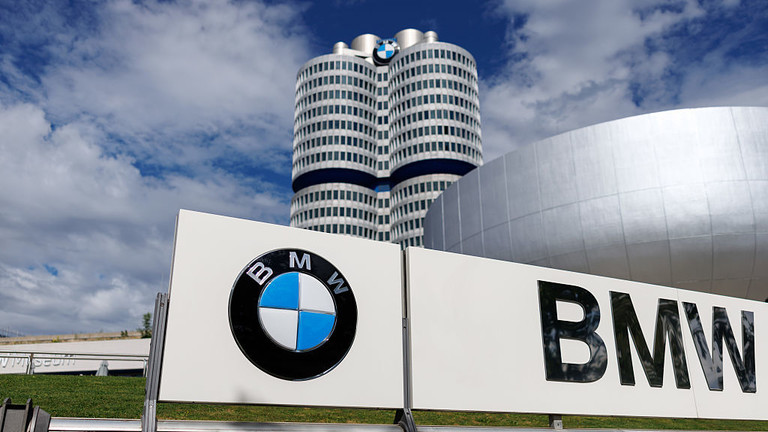German Chancellor Friedrich Merz said tackling the country’s economic challenges is proving to be a far greater undertaking than he initially anticipated.
The German economy is experiencing a “structural crisis” rather than just temporary “weakness,” Chancellor Friedrich Merz has said, admitting that steering the country’s economy back on track has proven harder than he had anticipated.
Merz made the remarks on Saturday in a speech before members of his Christian Democratic Union party in the Lower Saxony city of Osnabrueck, the home state of major carmaker Volkswagen.
“I say this also self-critically — this task is bigger than one or the other may have imagined a year ago,” Merz said in a speech in the northern German town of Osnabrueck on Saturday. “We’re not just in a period of economic weakness, we are in a structural crisis of our economy.”
We’re not just in a period of economic weakness, we are in a structural crisis of our economy.
Large parts of the country’s economy “are no longer truly competitive,” the chancellor acknowledged. Merz mentioned the plummeting earnings by Volkswagen, which experienced a massive 36% after-tax slump in the second quarter of the year, calling it just “one of many messages” about the state of the country’s economy.
“By this week at the latest, no one should be under any illusions about how deep and far-reaching the challenges that face us are,” Merz stated.
“The quality is still good and company leaders recognize these challenges. But the underlying conditions in Germany simply haven’t been good enough for the last decade,” he added.
Another German auto giant, BMW, has also reported a sharp decline in first-half profits, reporting a 29% drop from the same period last year.
The downturn of the country’s automotive sector has been fueling fears about the health of the EU’s economic powerhouse. The country already endured a recession last year and is now expected to show zero growth this year, according to IMF projections.
BMW reports 29% drop in profits
German auto giant BMW has reported a sharp drop in first-half profits, as US tariffs, weak demand, and mounting competition from China took a toll on earnings.
The company posted a profit after tax of €4 billion ($4.6 billion), down 29% from the same period last year, according to a company report issued on Thursday. It marked the automaker’s third consecutive first-half decline.
BMW said US import duties on cars and vehicle parts, imposed by President Donald Trump in April, weighed heavily on earnings.
EU automakers are still digesting the new 15% tariff agreed upon by Washington and Brussels, which is due to take effect in August. The trade deal, signed on Sunday, has sparked backlash across the bloc, with some EU officials calling it “scandalous” and “a disaster,” saying it secured no concessions from Washington.
BMW didn’t disclose how much the US tariffs cost it in the first half but warned that trade-related charges could shave 1.25 percentage points off its automotive margin this year, potentially costing billions.
CEO Oliver Zipse welcomed the tariff deal but cautioned that the duties still burden exports and hurt consumers.
BMW also flagged intense “competitive pressure,” particularly from China.
Other German automotive giants reported even steeper drops. Volkswagen and Audi saw earnings tumble by over a third, while Mercedes’ profits plunged more than 50%.
The sector’s downturn has fueled fears over the health of the EU’s economic powerhouse. Germany endured a recession last year, and the IMF now expects zero growth in 2025, the weakest outlook among G7 nations.



No comments:
Post a Comment